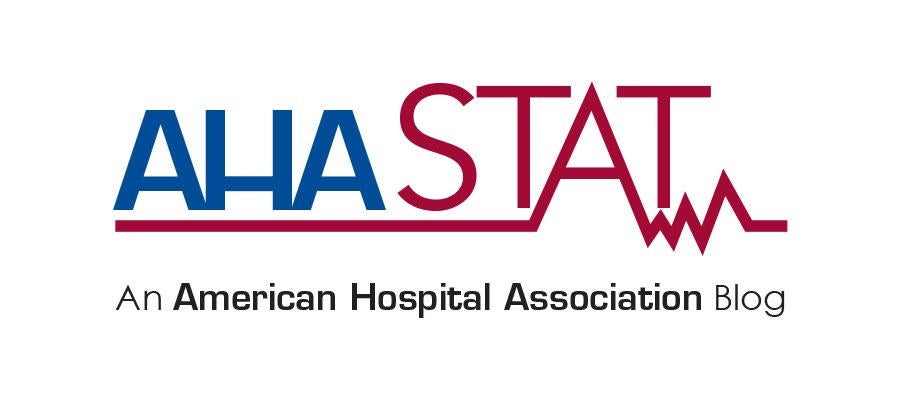Bias-Riddled “Study” is More Deception Backed by Insurers

A recent paper funded by the objective-sounding organization the “National Institute for Health Care Management (NIHCM) Foundation” adds to the growing list of commercial health insurer-backed, bias-riddled research aimed at diverting attention away from that industry’s troubling practices. This time they claim to have found a link between hospital consolidation and access for people covered by Medicaid.
In short, this “study” provides no reliable information for the public, much less policymakers, and should be discarded.
Why It is Biased: NIHCM’s Board of Directors has a very cozy relationship with the industry giant Blue Cross Blue Shield. Nearly each board member is a Blue Cross Blue Shield-affiliated president or CEO, including the President and CEO of the troubling for-profit insurer Elevance Health (formerly Anthem).
Why it Should be Discarded: The study itself is riddled with limitations and flaws so serious it can’t be relied on. The data are drawn only from New York State between the years 2006 and 2012 – so the most recent year included is over a decade old. That also means the study period does not include Medicaid expansion or the broader impacts of the Affordable Care Act, which undermines its relevance in today’s health care landscape for Medicaid recipients. The authors take these old and limited data and then overgeneralize their findings to the hospital field today.
Nowhere is there any recognition that hospital mergers can have a range of important benefits. They can help keep hospitals open to serve patients and the communities that rely on them. They can improve quality and access, thereby improving care for patients. For example, researchers found that quality and patient experience improved after a safety-net hospital was acquired by an urban academic health system. Studies also show that mergers can decrease costs.
Instead of continuing to myopically focus on the hospital field, researchers should look at broader factors, like how commercial health insurers dominate every market in the U.S. and use that market power for their own enrichment. This market domination often comes at the expense of patients. Government reports confirm that some commercial health insurers leverage their market power to put in place policies that delay or deny patient care, inappropriately withhold reimbursement to providers and burn out doctors and nurses.
Let’s work together to put patients first, not point fingers to deflect attention away from policies that put up barriers to care.
Melinda Hatton is AHA’s general counsel and secretary.

